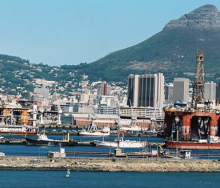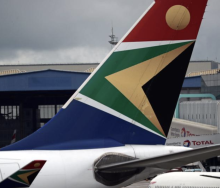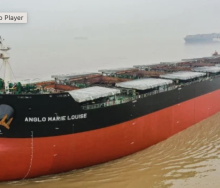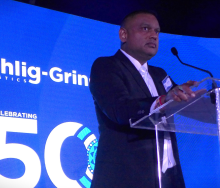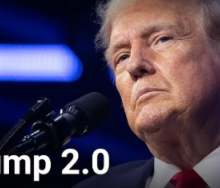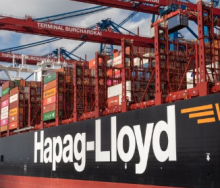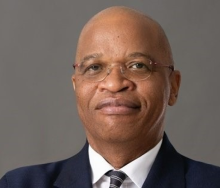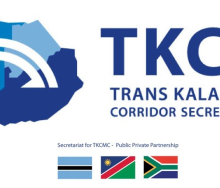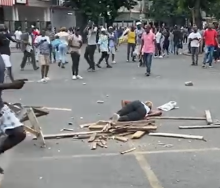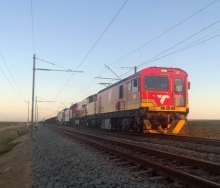South Africa’s home affairs minister Malusi Gigaba on Tuesday told members of parliament that no approval policy had been established regarding the privatisation of sections of national ports of entry.
“If the minister had granted permission, the minister would have followed legal prescripts until the end. In the absence of such legal prescripts, we stand with our belief that there was no approval of this decision formally granted and the matter is really irrelevant.
"But the issue we are raising, as I say, is the matter of principle which applies to whether the poor are entitled to good quality service only after the rich have received them. To whether the laws of the country can be disregarded when the rich are concerned and whether the government should provide free services to the rich,” said the minister.
Gigaba was briefing the Portfolio Committee on Home Affairs on the proposed privatisation of a section of OR Tambo International Airport to Fireblade Aviation, as well as the possibility of privatising sections of Cape Town International Airport and the airport in George in the southern Cape.
"When we say that there is no policy, we mean that it's not the political argument, it's a legal argument until there is a policy that guides; you can't just decide because I have money, I will take these without policy being there."
Gigaba further said that the cabinet was still dealing with the matter of rationalising the number of international airports that the country has. "Cabinet has taken a decision at our request as home affairs to rationalise the international airports because we have been complaining.
"For example, Upington is an international airport only in summer during hunting seasons and in winter during harvesting season. Nelson Mandela is an international airport but who lands there?
"So if there is no rugby game or international event, we have to provide immigration officers for an airport that is not utilised for such purpose. We need to rationalise the immigration officers we have to increase our capacities," he said.
In 2017, OR Tambo international airport was seriously under-capacitated and home affairs' view was that there was a need to rationalise the immigration capacity to provide services at the busy international airports where such services were required, according to Gigaba.
"The matter went to court and we are appealing the matter in the Constitutional court, not to get to the merits of the case, but to just explain how we got to where we are. The court's decision was in favour of the applicants. Our argument, both in relation to the high court and the supreme court, was that we have not been listened to in terms of the merits of our arguments, but the matters were based on what we thought were peripheral and dismissable issues that served before the courts."
He said that he had left the department of home affairs at the time when judgments were being made and appeals being made until his recent return in March. When the supreme court made its judgment around September, October last year in favour of applicants, "they then submitted a supplementary application to be allowed to operate the Fireblade, pending a decision by home affairs to appeal or not."
The permission had been granted on condition that they (applicants) paid for the immigration services and that had subsequently been done, said Gigaba, adding that only immigration services were being paid and all other government services were not being paid, " meaning that government services were being provided to a private family for free as a result of the decision."

